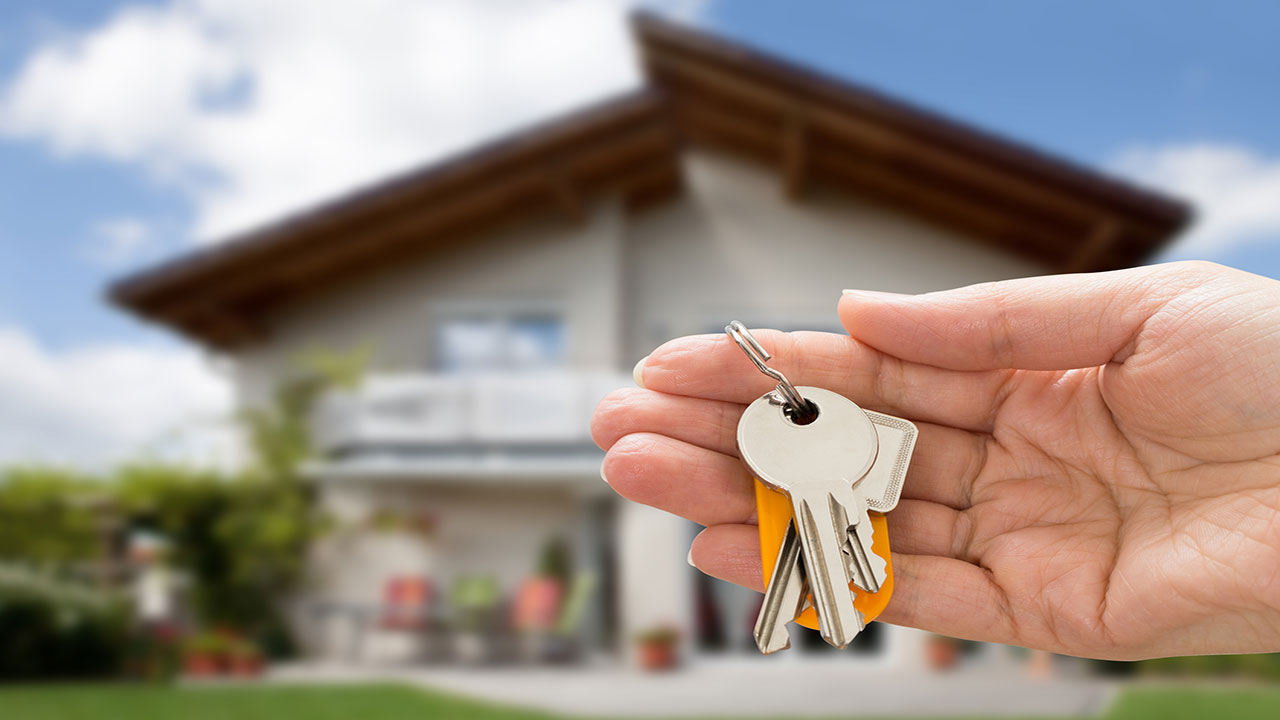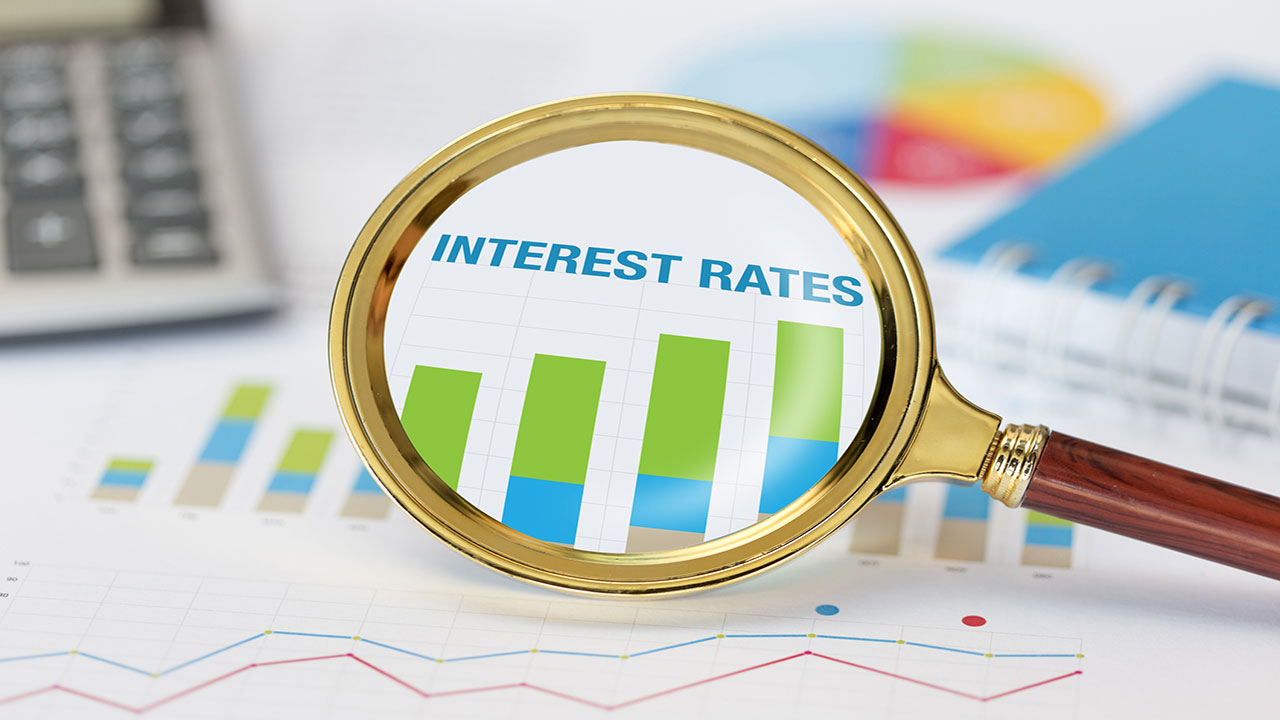6 Reasons to Come Up With a Large Down Payment

Buying a home is undoubtedly a massive purchase that requires a substantial amount of money up front in the form of a down payment. But it can be tough to come up with a lump sum of money. As such, many homebuyers choose to buy homes with minimum down payment amounts, such as 5% down, 3.5% down, and even 0% down in some cases.
But there are a number of benefits associated with coming up with a larger down payment. By putting 20% down on a home purchase, you’ll have plenty of benefits to take advantage of. Here are some reasons why coming up with a large down payment for a home purchase will work to your advantage.
1. Avoid Paying Private Mortgage Insurance (PMI)

If your down payment is less than 20% (for a conventional mortgage), you’ll need to pay Private Mortgage Insurance (PMI). This amount is typically added to the monthly mortgage payment and is required by lenders to reduce their risk should you ever default on your loan payments.
This can be a big chunk of money added to your monthly payments. The amount added to your payments will range from 0.5% to 1% of the property value annually, depending on how much you actually put down. This can add up to thousands of dollars spent on mortgage insurance every year.
For instance, you could be paying as much as $3,000 a year – or $250 a month – based on a 1% PMI fee on a $300,000 mortgage. That’s a lot of money, and can add up very quickly over the term of your mortgage. If you’re able to come up with a hefty 20% down payment, you could be saving all that money year after year.
2. Reduce the Loan Amount
The less you have to borrow, the less you have to pay back. It’s that simple. You can effectively reduce the amount of money you need to borrow to finance a home purchase by coming up with a larger down payment. And the less money you have to take out, the smaller your monthly payments will be.
Let’s say you agree to buy a home for $500,000. If you put down 20% – or $100,000 – you’d have to borrow $400,000. If, on the other hand, you only put down 5% – or $25,000 – you’d have to borrow $475,000.
A $400,000 mortgage at 4% (assuming a 5-year, fixed-rate mortgage) would translate into monthly payments of $2,326.42, while a $475,000 mortgage with the same rate and terms would require $2,762.62 in monthly payments. That’s a difference of $436.20 per month, or $5,234.40 a year.
Borrowing less money obviously means that you’ll have less to pay back, leaving you with more money left over to spend on other things, including saving up for retirement.
3. Pay Your Mortgage Off Faster

Nobody wants to may a mortgage forever. That’s usually not the plan. Every mortgage is set up so that there is an end date at which point the entire mortgage amount will be paid off in full. It should be your goal to pay off your mortgage at some point in the future; ideally, the sooner the better.
Imagine the savings you’d realize if you no longer have a mortgage to pay. All that money going towards those mortgage payments could be put to much better use.
You can realistically pay off your mortgage a lot faster if you have less money to pay back. By putting down a significant down payment, you can effectively reduce the amount you need to borrow and subsequently reduce the amount of time needed to fully repay your mortgage balance.
4. Increase Chances of Mortgage Approval
Coming up with a large down payment shows lenders that you have the financial capacity to afford a home purchase. Not only does a big down payment amount reduce the amount you have to borrow, it also shows lenders that you’re able to save, which goes a long way for your creditworthiness.
Since a higher down payment reduces the loan amount, your loan-to-value ratio (LTV) will be lower. Lenders use your LTV for lending risk assessment purposes before approving or rejecting a mortgage. It basically represents the total loan amount relative to the value of the home you agreed to purchase. If your loan amount is a lot lower than the property value, your LTV will also be lower, which makes you less of perceived risk to a lender.
Ultimately, a larger down payment can help boost your odds of mortgage approval, which is exactly what you’re aiming for.
5. Improve the Chances of Getting a Better Interest Rate

In addition to increasing the chances of getting approved for a home loan, a larger down payment can also help you secure a lower interest rate. Lenders tend to offer lower rates to borrowers who present less of a risk to them, and coming up with a big down payment can place you in that category.
Lenders prefer to lend to borrowers who take out smaller mortgages. That’s because they’ll have a better chance of selling the property for more than what was borrowed should the borrower default and end up in foreclosure. As such, lenders will usually offer low-risk borrowers a better interest rate, and a lower rate can translate into tens of thousands of dollars in savings over the life of the loan.
For instance, a 4% interest rate on a $400,000 mortgage will require far less interest payments than a 6% rate on the same loan amount. At the end of a 25-year amortization period, you would have paid $372,927 based on a 6% interest rate compared to $233,309 with a 4% rate. That’s a difference of $139,618!
There’s no doubt that a lower interest rate can save you a ton of money at the end of the day, and a bigger down payment can certainly help.
6. Boost the Odds of Winning a Bidding War
The California real estate market continues to sizzle, and as such, multiple-offer situations are the norm. If you find yourself in this position as a buyer, you’ll need to ensure that every aspect of your offer is as strong as can be in order to come out the winner. While there are plenty of important factors that go into a strong offer, one of them is a large down payment.
Sellers will likely look favorably on bidders who are able to come up with a sizeable amount of money to be put towards the purchase price of the home. It shows a level of seriousness to buy, as well as the financial capability to secure a mortgage.
Failure to secure a mortgage is one of the biggest reasons why real estate deals fall through, and sellers don’t want to risk ending up having to get back in the market after a failed transaction. If you’re able to come up with a bigger down payment, you’ll be perceived as a strong buyer in the eyes of a seller, which can be particularly beneficial during bidding wars.
The Bottom Line
There are obvious financial perks that come with larger down payment amounts. Ultimately, you’ll be able to increase the odds of securing a mortgage, pay less every month, and pay your mortgage off faster. Of course, saving up for a hefty down payment can take a while, but it might be worth the time and effort based on the benefits you’ll be able to afford.


